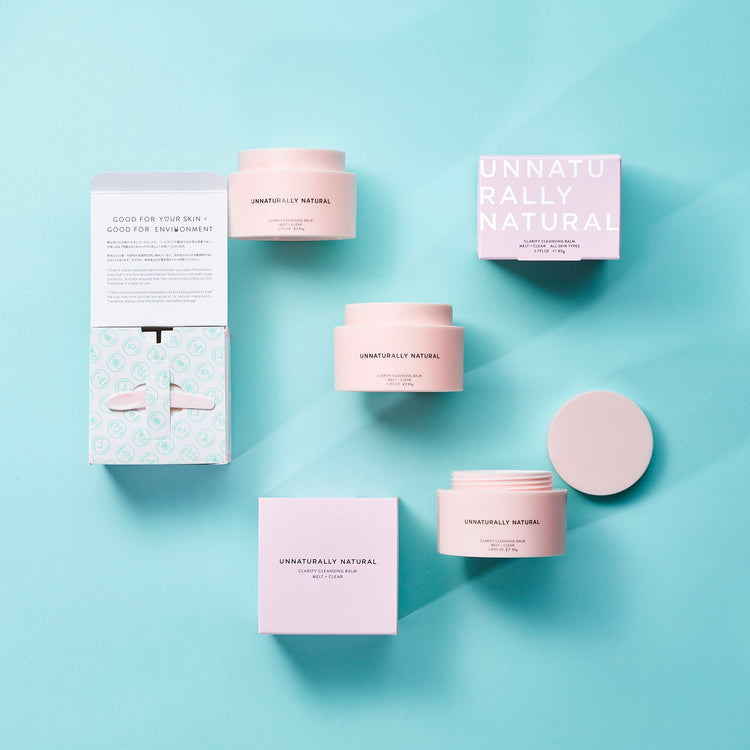Natural Skin Care
Natural skin care is often defined as the use of naturally occurring ingredients (such as water, plants, or coconut oil found in Keep It Supple Body Oil).
This term is not regulated and it does not imply that the product has been inspected, tested, or certified therefore term can use broadly.
For example, a product can be labeled as natural because it contains water, even though other ingredients have been added, they can still name it and sell them as a natural products.
In other words, a brand can technically call its products natural, no matter how many harmful or at least questionable skin care ingredients are in the formula.
And most importantly , because an ingredient is found in nature doesn't mean it's good for you or the environment and planet.
FYI: Synthetic ingredients, lab-created ingredient doesn't equal toxic or bad for the skin or the environment.
Hyaluronic acid is one of the good example, from the umbilical cords of cows and horses is considered a natural ingredient.
Synthetic hyaluronic acid is a vegan product that provides similar or even better benefits without harming wildlife.
Clean or Non-Toxic Skin Care
The term "clean" is also not strictly regulated, but it carries more weight than natural.
Many people equate the word clean with safe cosmetics and often use it in the same sense as the label "non-toxic."
Natural skin care focuses on What’s IN the formulation, and clean skin care "focuses on What’s OUT the product.
Our strict clean + safe approach produces high performing, skin-loving products using only safe, ethically and environmentally responsible ingredients.
Typically, Clean Beauty includes a long list of "free-flowing" ingredients, meaning that the product is free of sulfates, parabens, and other harmful or questionable ingredients.
Unlike natural and organic, Clean Beauty does not find harmful from synthetic (or laboratory-made) ingredients - as long as those synthetic ingredients are safe.
The FDA has banned 11 chemicals in cosmetics, so brands (and consumers) can define clean for themselves definition.
At UNNATURALLY NATURAL, ‘clean’ goes far beyond the basic standard of formulating without materials that are already banned globally and concerns surrounding potential toxicity, allergies,sensitivities and the health of the skin, body, and planet.
Our entire lineup is certified Vegan and Cruelty-Free.
Organic Skin Care
Among all, Organic is the most regulated of the many terms.
Organic strictly refers to ingredients grown without use of synthetic ingredients such as pesticides or artificial fertilizers.
In order to be considered organic, a product must be [made with] at least 95% synthetic-free ingredients.
The use of the word organic is highly regulated by the FDA under the Federal Food, Drug, and Cosmetic Act and Fair Packaging and Labeling Act. USDA-certified organic beauty products have to be certified by an accredited agent,
This means that the certified products are made from raw materials that have been produced, processed, and packaged according to proper standards. Organic" is the word that means the most, but only if it comes with an official certification.
Which one is right for you?
As mentioned earlier, most of us want skin care that is safe for our bodies yet also provides the results we are after. However, simply looking at the label on the package is not enough. Researching the brand, reading the ingredient label, and check out any certifications the product may have will help you make the best decision for your skin.






